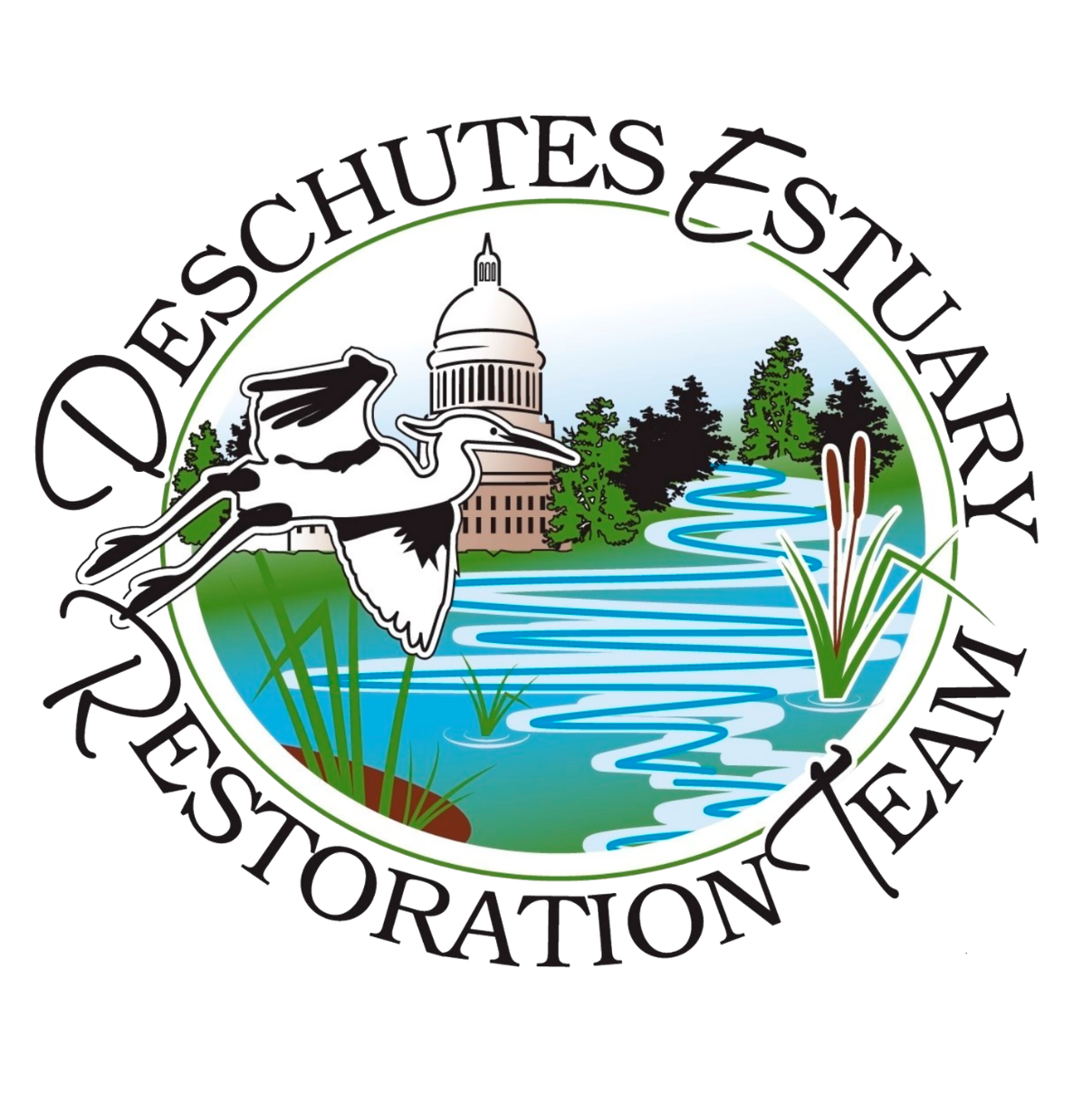Over the past few weeks, Dr. David Milne has been rolling out an interesting thesis that Capitol Lake is actually a benefit to the local environment. I don’t want to spend too much time going back over what he’s presented, but I wanted to point out what happens when people who don’t already support Capitol Lake or are ex-colleagues of Milne take a look at his thesis.
At the request of the Squaxin Island Tribe, Jonathan Frodge (CV), board member and past president of the Washington Lakes Protection Association, provided a review of Milne’s paper.
In response to Milne’s points that “I find that the Lake does not have negative effects on Budd Inlet and that the Lake improves the water quality of the Inlet”, and that “Capitol Lake is the Deschutes River Watershed’s biggest and best asset for preventing and reducing water quality degradation in Budd Inlet” Frodge wrote “While this report raises some valid points, I do not agree with either of the above statements.”
Dr. Frodge goes into detail concerning the shortcomings in Dr. Milne’s paper. You can read Frodge’s entire review here.
The Department of Ecology also directly responded to Milne, provided much needed context to his thesis. Their response boils down to that Milne ignores the impact of organic carbon:
Plant growth in Capitol Lake discharges more organic carbon to Budd Inlet than would occur if the Deschutes River and Percival Creek flowed into Budd Inlet directly. As the organic carbon decays, oxygen is used up in the process. This causes lower oxygen levels than would occur without the dam in place.
Lastly, it’s interesting to take a look at what kind of independent review Milne did get before releasing his thesis. This is from a letter from the Squaxin Island Tribe:
A document claiming to be a “Peer Review” was included with Dr. Milne’s paper. It was less than two pages long and simply consisted of copies of emails from four individuals stating that the paper had been reviewed. Most responses consisted of one or two sentences and none found any issues with the paper. Tribal staff asked for the actual review papers, not the emails, and were told that the two page document was the “peer review”. The review of Dr. Milne’s paper was conducted by what appears to be four current and past faculty members of Evergreen State College. Curriculum vitae or statements of experience were not included as would be expected in an open review.
Based upon information available through Evergreen the credentials of the reviewers appear to be:
- Dr. Gerardo Chin-Leo, Ph.D. – oceanography and marine biology
- Dr. Erik Thuesen, Ph.D. – marine biology
- Oscar H. Soule, Ph.D. – ecology
- Kaye V Ladd, Ph.D. – inorganic chemistry
Other than Dr. Chin-Leo with his background in oceanography, the review group appears to have different backgrounds than would be expected for a review of a TMDL and its related modeling. This would not necessarily disqualify these outside reviewers; however, Tribal staff found it odd that reviewers whose expertise is for the most part outside of the subject area and who found no issues at all with a paper that essentially seeks to overturn the work of highly qualified personnel provided no meaningful review comments.
On the other hand, the original research by the state Department of Ecology that Milne was criticizing has gone through several rounds of technical review over the last four years. You can read hundreds of pages of this review process (including emails between state staff and reviewers) below:
- 7/23/14 Overview of independent review process and results
- Draft independent review (Cadmus Group and Portland State University, 2009)
- Completion of independent review (12/27/11 memo from Scott Wells and Chris Berger)
- Supplemental independent review (Cadmus Group and HDR HydroQual, 2012)
- Completion of supplemental independent review (3/23/12 email)

